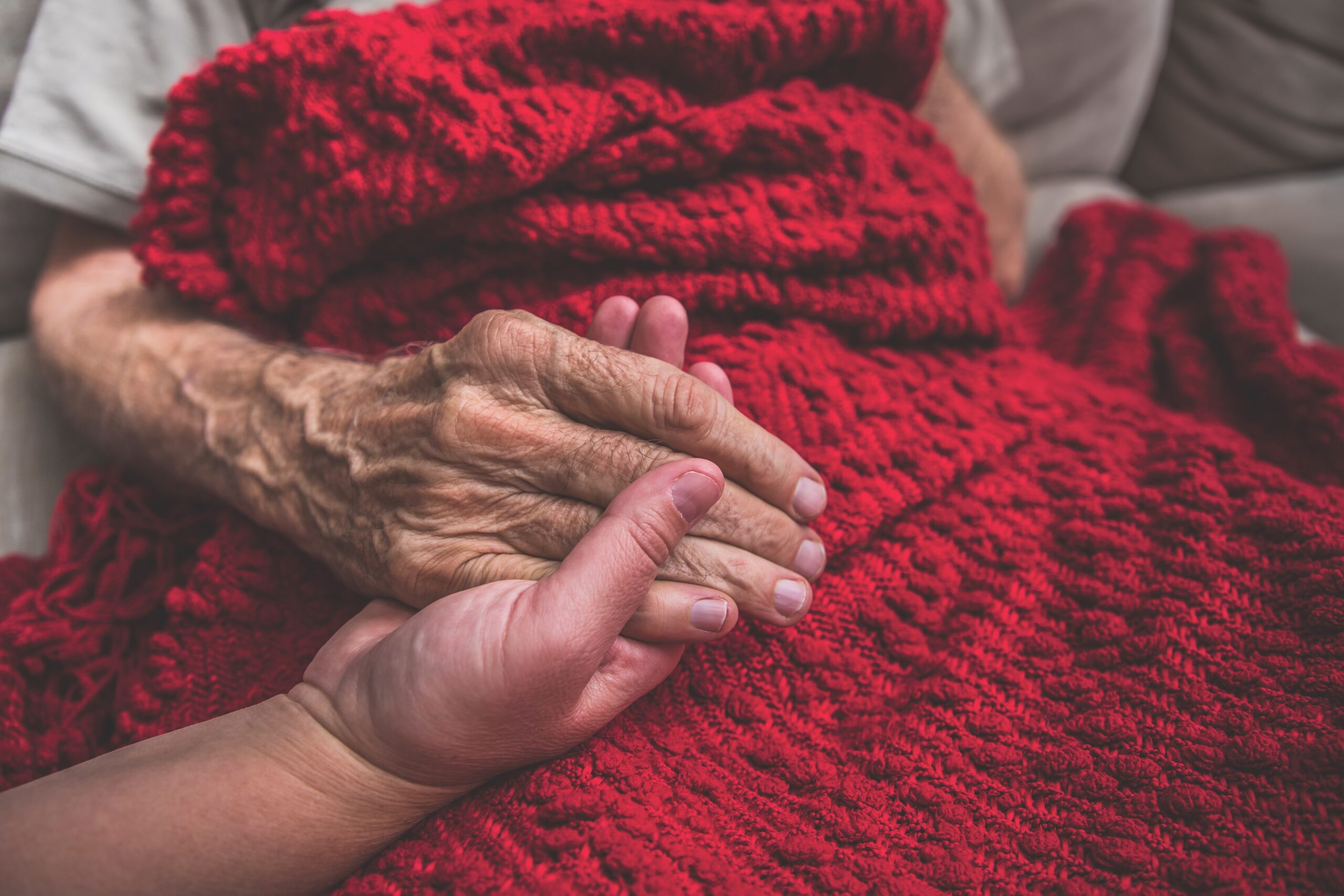To remember that I am going to die is to remember that I am now alive.
Both of my parents are dead. My father died by suicide, at home, sick with cancer, in 1998.
My mother died with cancer, in a hospital, in 2005.
When I was young, I secretly wanted to be a funeral celebrant. I was also an artist, an actor and kind of a punk. I didn’t think anyone would take me seriously. The call didn’t leave me. Eventually, I did study to be a celebrant. Not long after that, I heard the term “death doula.” I followed my curiosity. As a birth doula is at the beginning of life, so is a death doula at the end. In both situations, a doula serves to provide comfort during transition.
The services provided by a death doula are varied. Many end-of-life doulas work with the dying person and family members, creating a calm space and preparing for the imminent death. Some will help loved ones plan a home funeral. The doula is not a funeral director, but can teach the family to tend to the body, which can remain in the home for a number of days. Loved ones can learn to wash and dress the body, which is a beautifully intimate and tender ritual.
Having a legal will, an advance care plan and powers of attorney in place are caring acts. They relieve our loved ones from trying to piece paperwork together or make hard decisions while in a state of grief or distress. A doula can help organize these things.
Doulas are trained in legacy work, helping the dying say what needs to be said, which can provide a great sense of peace. Legacy projects can be as simple as writing a note, or they can be brilliantly artistic. There are no rules.
Death doulas might also guide loved ones through bereavement, individually or in a group. These groups can be independent or with a hospice organization.
Being a death doula may seem like a new thing, but it’s one of the oldest professions. It’s even becoming mainstream, with doulas making inroads as non-medical members of palliative care and hospice teams.
More on Broadview:
- United Church ministers are burning out
- My mother and I have the same mental health disorders. But is it genetic?
- Canadians want home care, not long-term care facilities, after COVID-19
With what I know now as a death doula, would I change anything about the experiences my parents had during their dying? When my father died by suicide, medical assistance in dying (MAID) was not a legal option. Perhaps he would have chosen that. I don’t know that he would have been comfortable talking about it. My mother stayed at home as long as she could, with plans to go to the hospital when she knew she was close to death. Again, MAID would have been a good option, but we did the best we could at the time. We stayed with her; we took care of her; we kept her comfortable; we held her hand while she died.
What do you think is your perfect death, your beautiful death, your good death? It is my passion, as a death doula, to normalize conversations around death, to raise awareness and to educate. The more we know, the less there is to fear.
***
Marjorie Wingrove is the creator of Death Happens, a radio show on deathdoulaontarionetwork.ca.
This story first appeared in Broadview’s January/February 2022 issue with the title “A Beautiful End.”















